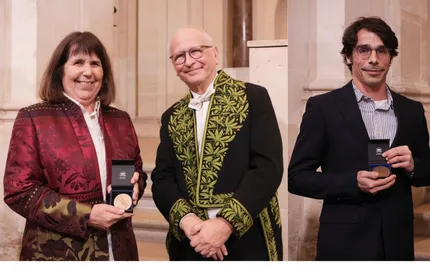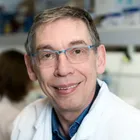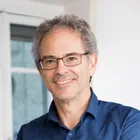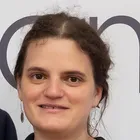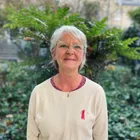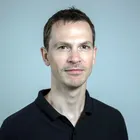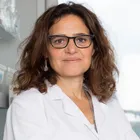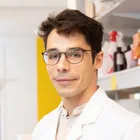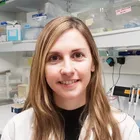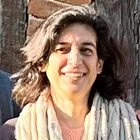- Home >
- Units research >
- Immunity and Cancer (U932)
Presentation

Created in 2005, the INSERM U932 Unit is composed of 10 teams, spread over two buildings (Hôpital Curie and Constant-Burg building, rue Lhomond), with a total of about 120 people.
The teams of our department try to better understand the immune responses, and to direct the immune system to better fight against pathogens and/or tumours. Research projects range from fundamental immunology to translationnal immunology and cancer immunotherapy. These approaches include biology, biochemistry and molecular imaging techniques, based on both in vitro and in vivo experimental models, and immunological monitoring, diagnosis, prognosis and immunotherapy studies in cancer patients.
- Immune responses and cancer (S. AMIGORENA)
- Myeloid cells and immunity (P. BENAROCH)
- Integrative analysis of T cell activation (C. HIVROZ)
- Innate like and CD4+ T cells in cancer (O. LANTZ)
- Spatio-temporal dynamics of immune cells (A.M. LENNON)
- Innate immunity (N. MANEL)
- Translational immunotherapy (E. PIAGGIO)
- Stem cell immunity (E.POIRIER)
- Stroma and immunity (H. SALMON)
- Extracellular vesicles, immune responses and cancer (C. THERY)
Teams
Publications
Nature Aging - 18/09/2023
See authors
Science Immunology - 24/02/2023
See authors
Immunity - 01/01/2022
See authors
Nature Communications - 01/12/2021
See authors
Cell - 01/10/2020
See authors
Cancer Cell - 01/12/2019
See authors
Science - 25/10/2019
See authors
Proceedings of the National Academy of Sciences - 22/10/2019
See authors
Cell - 01/10/2018
See authors
Journal of Experimental Medicine - 02/04/2018
See authors
Science - 12/01/2018
See authors
The EMBO Journal - 16/10/2017
See authors
Life of the team
Scientific events
Speakers : MARC SITBON
Speakers : Manvendra SINGH
Speakers : Professor Ivaylo Ivanov
Speakers : Nader YATIM
Speakers : Prof. Dr. med. Dirk Busch
Speakers : Hartmann Rune
Speakers : Ferdinando PUCCI
Speakers : Matthew Krummel
Speakers : Rahm GUMMULURU
Speakers : Andreas Schlitzer
Speakers : Norbert PARDI
Speakers : Molly LUMNITZER
Speakers : Alvaro IIADSER
Speakers : George KASSIOTIS
Speakers : Mark CHONG
Speakers : Andrés ALLOATTI
Speakers : Johan Garaude
Speakers : Didier TRONO
Speakers : Santiago ZELENAY
Speakers : Magali IRLA
Speakers : Carla Rothlin
Speakers : Justin EYQUEM
Speakers : Raphaël Mattiuz
Speakers : Matteo Iannacone,
Speakers : Seth Scanlon
Speakers : Bart Lambretch
Speakers : Benoit Salomon
Speakers : Carole Parent
Speakers : Gaëlle Legube, ,
Speakers : Michel Desjardins
Speakers : Thomas Pradeu
Speakers : Enfu Hui
Speakers : Mauro Gaya, Mariolina Salio
Speakers : Dolores Di Vizio
Speakers : Hironori Funabiki
Speakers : Jeroen Roose
News
The Immunity and Cancer research unit (U932) celebrates its twentieth anniversary
12/12/2025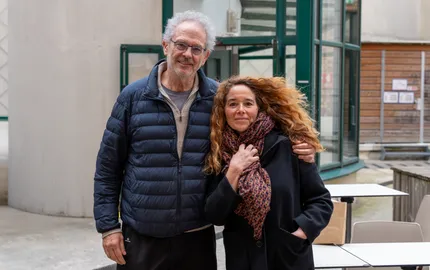

Drs. Enzo Poirier and Gudrun Schleiermacher honored by the French Academy of Sciences
26/11/2025